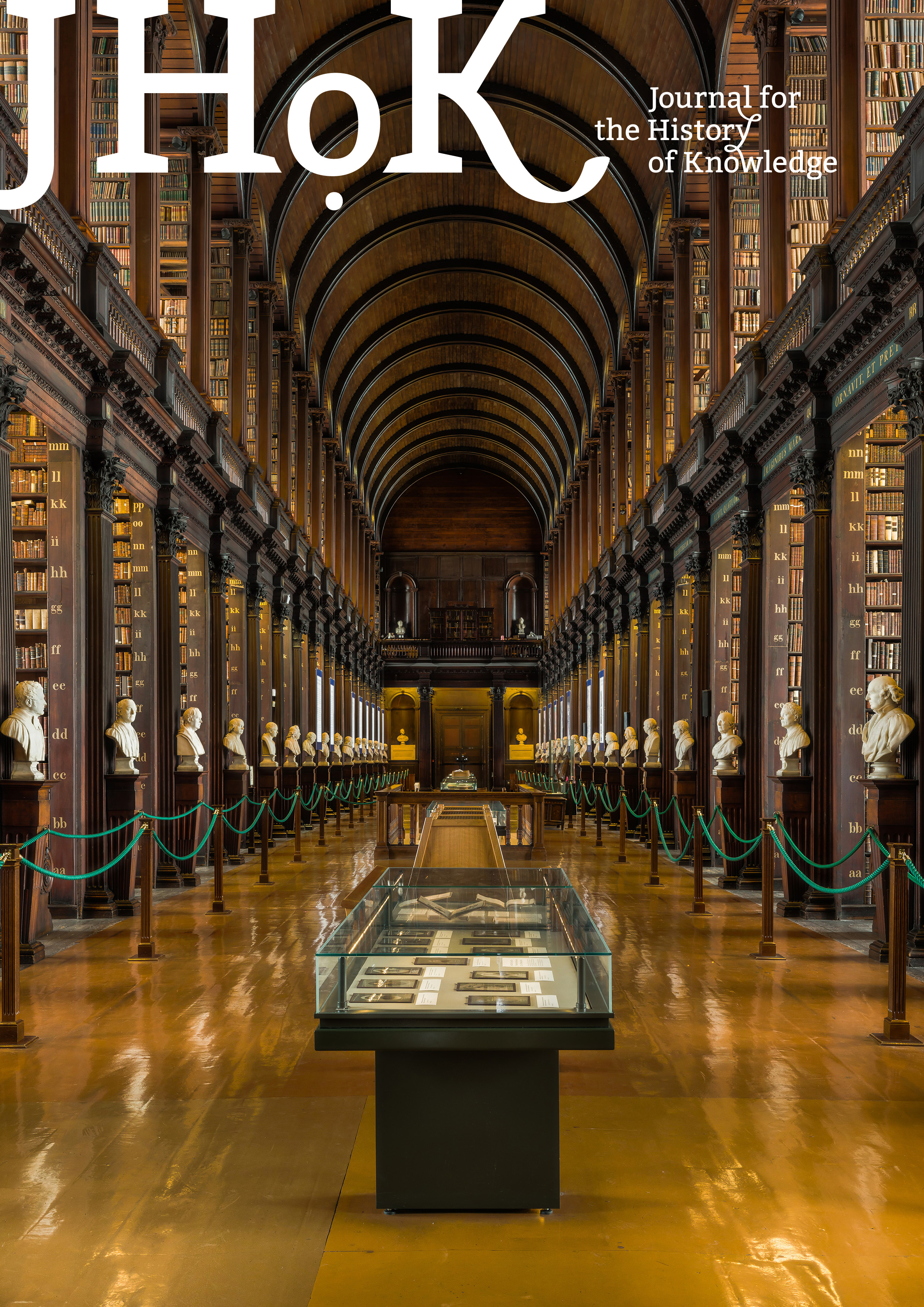Classical Nature: Natural History, Classical Humanism, and the Value of Knowledge in Sweden, 1800–1850
DOI:
https://doi.org/10.5334/jhk.2Keywords:
history of humanities, history of knowledge, natural history, classical education, two culturesAbstract
This article investigates a series of attempts to imbue natural history with humanistic values and align its epistemological goals with those of classical studies in Sweden during the first half of the nineteenth century. By tracing the claims made by a group of twenty-one natural scientists, physicians, and state officials as well as others who took up the cause in response to a government proposal for a new school ordinance, this paper demonstrates how natural history became linked to self-cultivation and edification (Bildung, or bildning in Swedish) while the material and practical utility it was once so strongly associated with was downplayed in favor of moral development. It argues that a knowledge regime favoring the humanities in general and classical studies in particular strongly influenced secondary education, leading the group to claim that the study of nature should be treated as part of classical education. Although their argumentation subordinated the natural sciences to the humanities, they and later advocates accepted the new knowledge regime as they were themselves part of an academic culture of classical humanism. The key role that natural history played in this struggle over the educational and social value of different forms of knowledge during this period demonstrates that the history of science can be enriched by including the historical impact of the humanities on the natural sciences.



